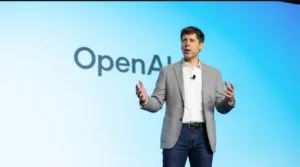Japanese carmakers Honda and Nissan’s merger talks collapsed after they failed to agree on a leadership structure for their planned $60 billion tie-up. Honda, Nisan, and junior partner Mitsubishi aimed to merge and compete with global rivals, especially in China.
The deal would have formed the world’s fourth-largest fourth-largest automaker, trailing Toyota, Volkswagen, and Hyundai. However, disagreements over Nissan’s role in the merger halted progress, with Honda insisting on its leadership.
Nissan has faced turmoil since former chief Carlos Ghosn’s arrest in 2018 over allegations of financial misconduct, which he denies. His controversial escape to Lebanon in 2019 deepened the company’s crisis.
With weak sales and executive instability, Nissan sought a lifeline through the merger. Meanwhile, Honda maintained a more substantial global presence, producing and selling more vehicles. Honda’s Ceo, Toshihiro Mibe, stated that any merger depended on Nissan’s successful turnaround.
However, Nissan resisted being treated as a junior partner. The dispute ultimately derailed the deal, with both sides unwilling to compromise. Jesper Koll from Monex Group emphasized that Japan’s corporate culture values equal partnerships, making leadership dominance contentious.
He suggested Nissan’s troubled history made it an attractive partner for Honda. Karl Brauer from iSeeCars.com stated that failed automotive mergers are common. Although the merger collapsed, Honda and Nissan will continue collaborating on electric vehicles.
Nissan’s future remains uncertain as it faces cost-cutting measures, including 9,000 job cuts and executive pay reductions. The failure of the Honda and Nissan merger talks marks another setback for Nissan as it struggles to regain stability.










